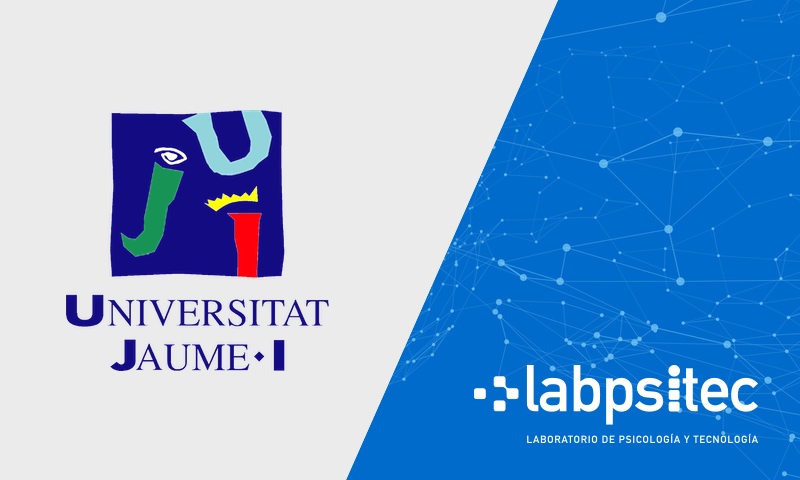Adjustment Disorder (AD), despite generating a high level of interference and a serious impact on quality of life and being one of the most frequently diagnosed disorders, has been commonly excluded from epidemiological research. The few investigations that have been carried out have estimated a prevalence of 1.3% in the general population, although the figures are higher in at-risk populations, with prevalences reaching 19%. Epidemiological studies specific to AD are needed to provide a better understanding of the disorder.
Regarding the psychological intervention of this problem, treatments applied through the Internet present a series of advantages (scope, flexibility, cost savings and confidentiality) that make it a promising alternative. The first internet-based treatment program for AD developed in Spain (TAO- Trastornos Adaptativos Online) was developed within the framework of a National Plan project funded by the Ministry of Economy and Competitiveness (PSI2013-41783-R).
In a previous study, the self-administered TAO program with a brief weekly telephone call had good results in terms of efficacy. However, it is known that combining self-administered treatment with face-to-face therapy could increase adherence to treatment. The overall objective of this project is twofold: 1) to conduct an epidemiological study following a longitudinal cohort design to analyze the prevalence, course, and risk and protective factors of AD in the Spanish population, both in the general population and in a risk group of unemployed people, and 2) to conduct an open clinical feasibility trial to evaluate a blended intervention that combines online self-administered treatment through a web platform (TAO) with face-to-face videoconferencing sessions.
Reference: UJI-B2021-47
Duration: 3 years (from 01/01/2022 to 12/12/2024)
Funding entity:
2021 Plan for the Promotion of Research at the UJI
PI: Soledad Quero
Participating institutions:
- Universitat Jaume I


